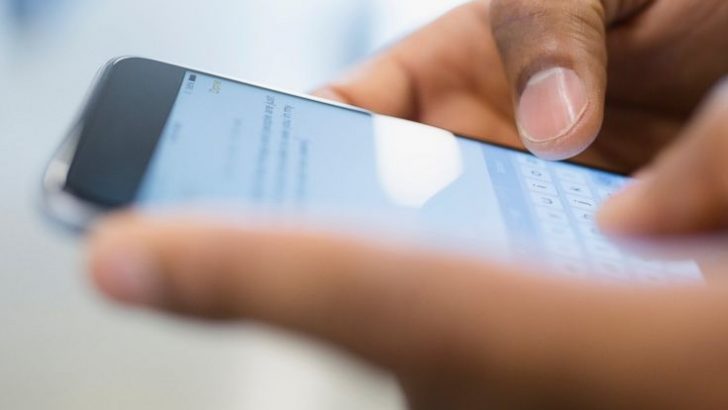Psychologists are trained from the earliest days of their studies to respect and love statistics. We are trained to keep an eye on trends and patterns. One way of doing this is through research. It informs our thinking and practice about what works for whom. Psychologists in clinical practice tend to note the frequency of concerns that people bring to our clinics.
That helps us to plan how to do our jobs better by making sure our training is right and supervision is well planned and targeted.
I have noticed that among all the big concerns that people bring to my office, there are also a few constants that arise often. One of these is sleep. As a rule, I now ask people very detailed questions about their sleep habits.
I am convinced that lack of sleep is becoming a serious problem. As we are about to enter revision and exam season, I thought it would be good to consider this in the April column.
A few years ago I was on one of the Philippine islands where there was very little electricity. At 6am when it was bright, the place was as busy as could be. By 7pm when it was dark, all was quiet and most people were sleeping. I was very struck by how the length of daylight influenced the order of life.
Our brains produce melatonin which some people call the sleep hormone. Simply put, darkness triggers melatonin and sends a signal to the brain that its time to sleep. Strong light slows melatonin down. Strong light effectively confuses our brains into thinking that it must be day time.
Sometimes that is why we can be tired but not able to sleep. Babies produce most melatonin and so they sleep a lot.
Teenagers’ onset of melatonin is delayed and they tend to sleep and wake later. Adults produce less melatonin as they age and so tend to sleep less too.
Our lives are blasted by bright lights. Smart phones, televisions, computers and tablets have all become part of life and extensions of our selves. When you look around your house, it is amazing how we use them all the time.
Phones have become alarm clocks. I bought a clock last year for the night stand so that I would not reach for the phone to see what time it was if I woke in the night.
Bright lights
During the recent election, I was following counts on Twitter right into the night and my sleep was hampered. Simply put, the bright lights of the phone shut my melatonin so low that I could be tired but not able to sleep.
I always advise people to consider sleep hygiene carefully. Sleep is the most wonderful gift that the human body has for looking after itself.
Sleep is the time that the brain processes what is learned during the day. Sleep is the time when the body repairs and even loses weight.
Sleep protects our mood and capacity for joy and pleasure. Sleep deprivation reduces energy and ability to work effectively or to engage with daily tasks.
If you don’t sleep well, it will take you much longer to do everything. So, sleep hygiene is a priority.
Everyone should have a few good rules. In the hour before bed, change your routine so that you prepare your brain for sleep time. Reduce the lights in the house. Turn off the television at least a half hour before you go to bed.
Foster a little calm. Move about the place. You might be surprised to know that going outside for a few minutes or taking a shower can actually stimulate your body into a more relaxed state and help ready you for sleep. I sometimes take the dog to the green or stand in the garden.
Critically, turn off the phone or computer or make sure you do not look at it. That one decision to leave the screens alone will do more to enhance sleep than anything else.
Another thing to note is how you read when in bed. If you use a reading device that is backlit, like a computer, you are not helping.
Books are still best when it comes to sleep but I find that front lit devices like the newer Kindles work for me.
This is very hard for people but it has to be tried. I find that teenagers and older children are horrified when this is suggested to them, but most who try it also find that it works and that school work and other things become easier.
Parents need to take the lead on this and give good example because good sleep habits are for everyone in the family.
Like other good ideas, it takes a while to make a change, but I always ask parents and children to experiment with the ideas for two weeks and discover if the changes help.
I always say that the weekend and holidays can be different, but the working week needs a bit of help and Mother Nature needs us to use our common sense when it comes to sleep.
For sure the quality of our lives is enhanced by sleep. This month take a look at your sleep hygiene and see if a few changes might make a difference.
*Dr Colm Humphries is a clinical psychologist based at Philemon in Maynooth, Co. Kildare.



